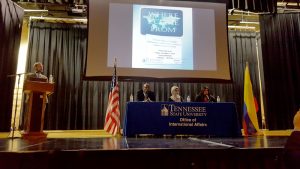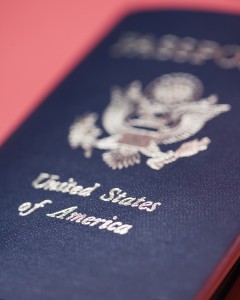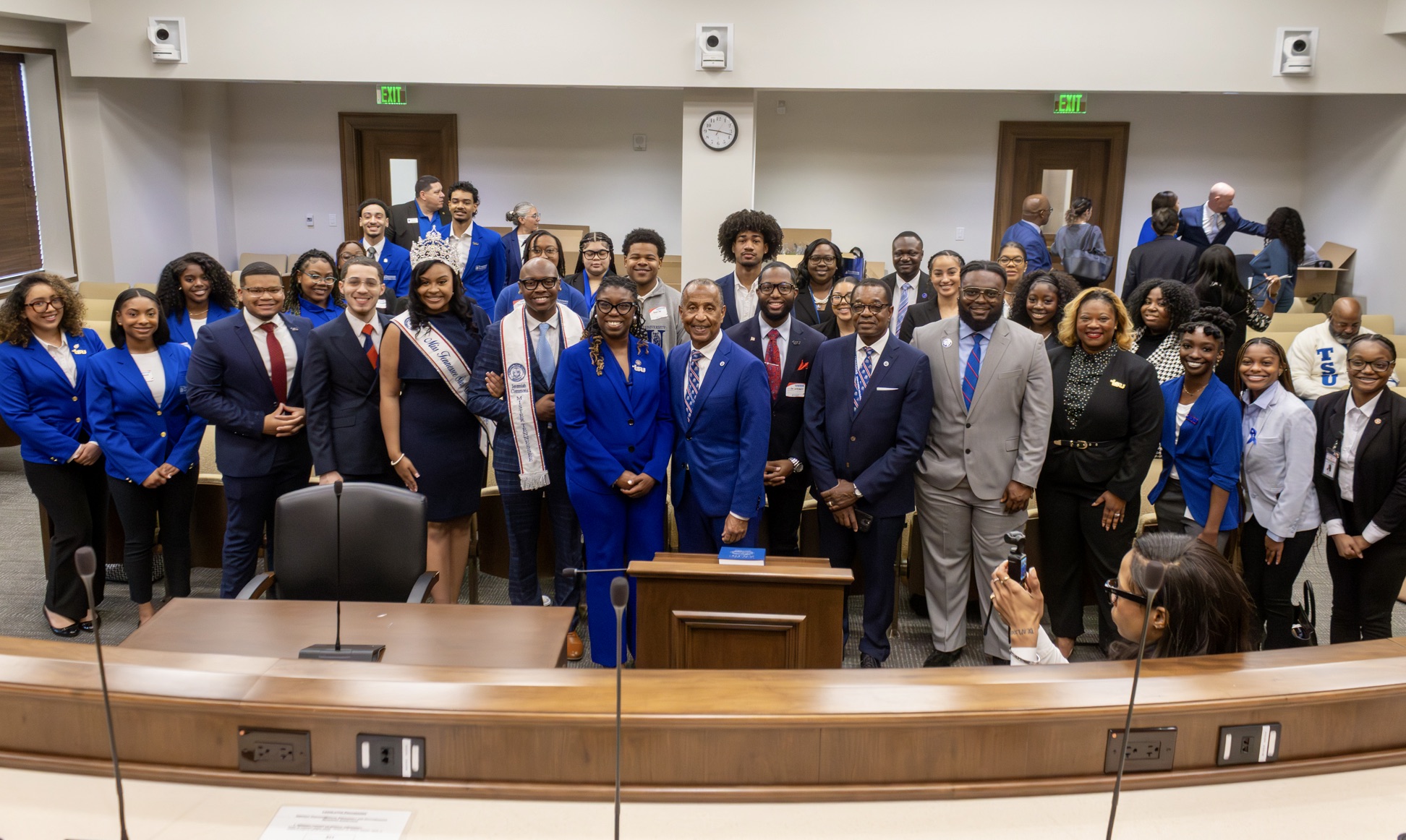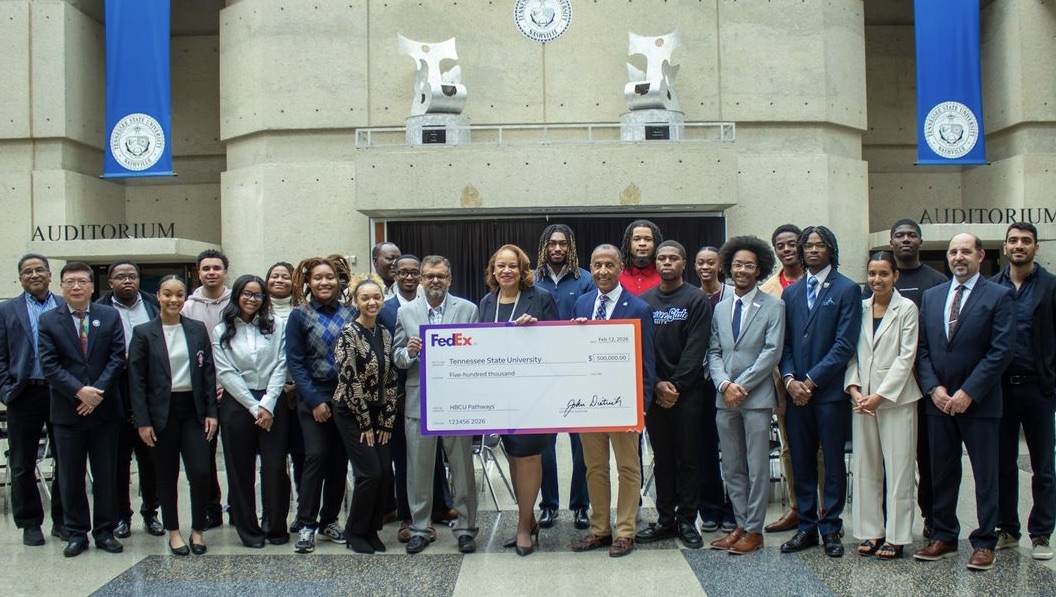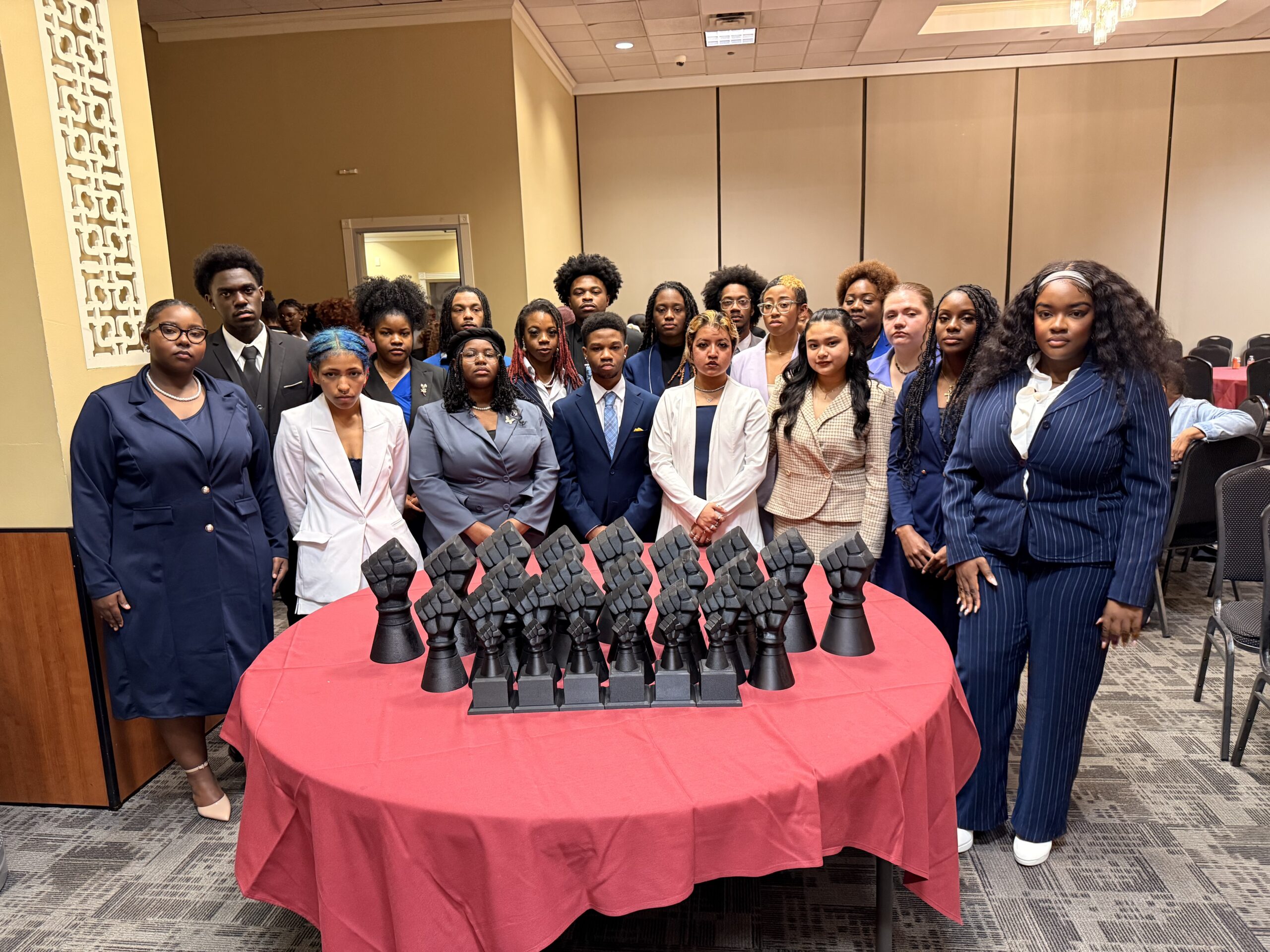
Tennessee State University To Host 2019 Fulbright Pakistan Re-entry Seminar
NASHVILLE, Tenn. (TSU News Service) – Tennessee State University became the first historically black university to host the Fulbright Pakistan Re-entry Seminar that was held April



